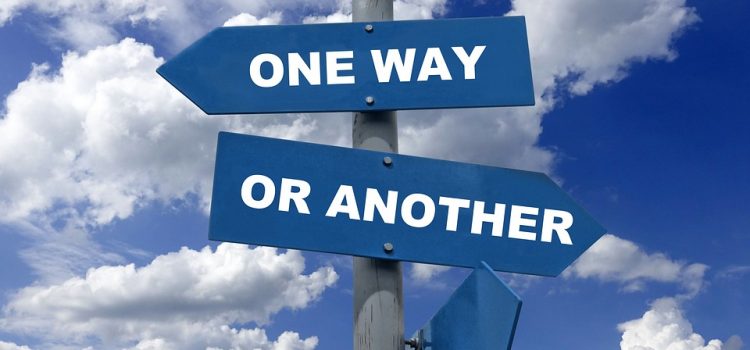What is Jocko Willink and Leif Babin’s book The Dichotomy of Leadership about? What is the key message to take away from the book? The Dichotomy of Leadership is Willink and Babin’s follow-up to 2015’s Extreme Ownership, which argues that a leader should take responsibility for all their team’s mistakes and do everything they can to improve the team’s chance of success. The principle of Extreme Ownership serves as the foundation of Willink and Babin’s argument throughout The Dichotomy of Leadership. Let’s explore five dichotomies that the authors believe every leader should strive to balance at all times.
The Dichotomy of Leadership: Book Overview










